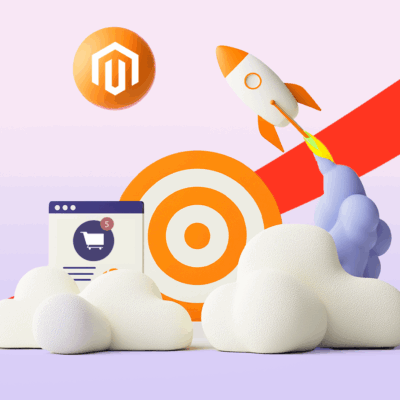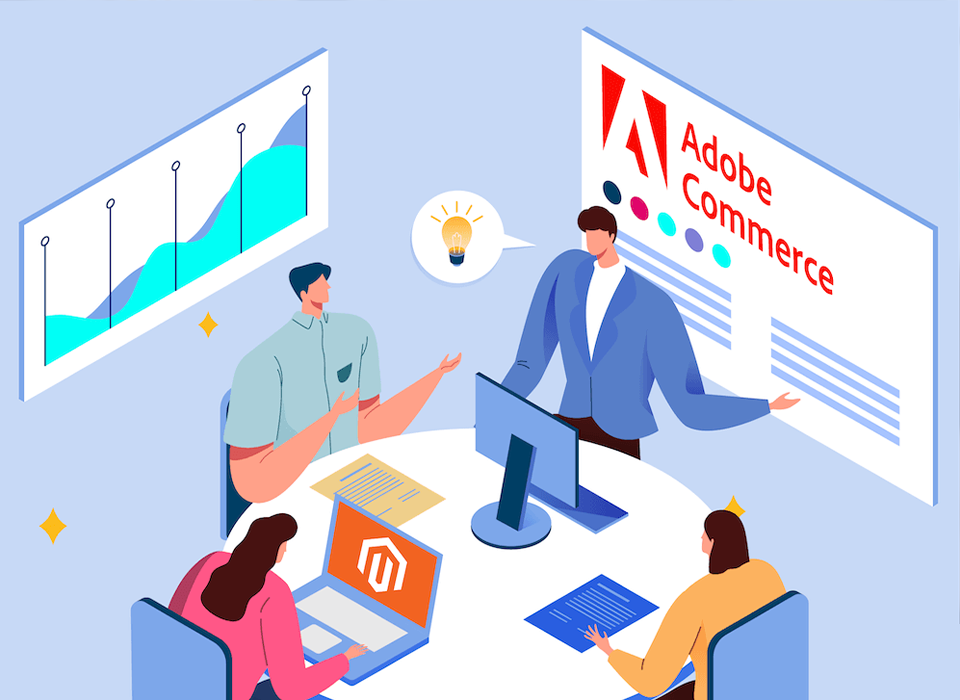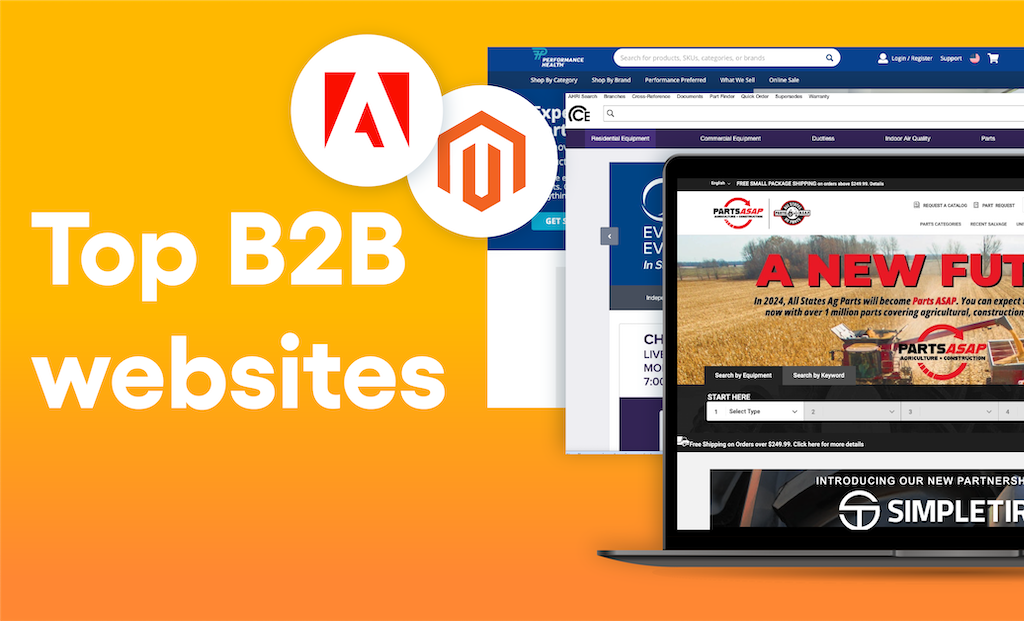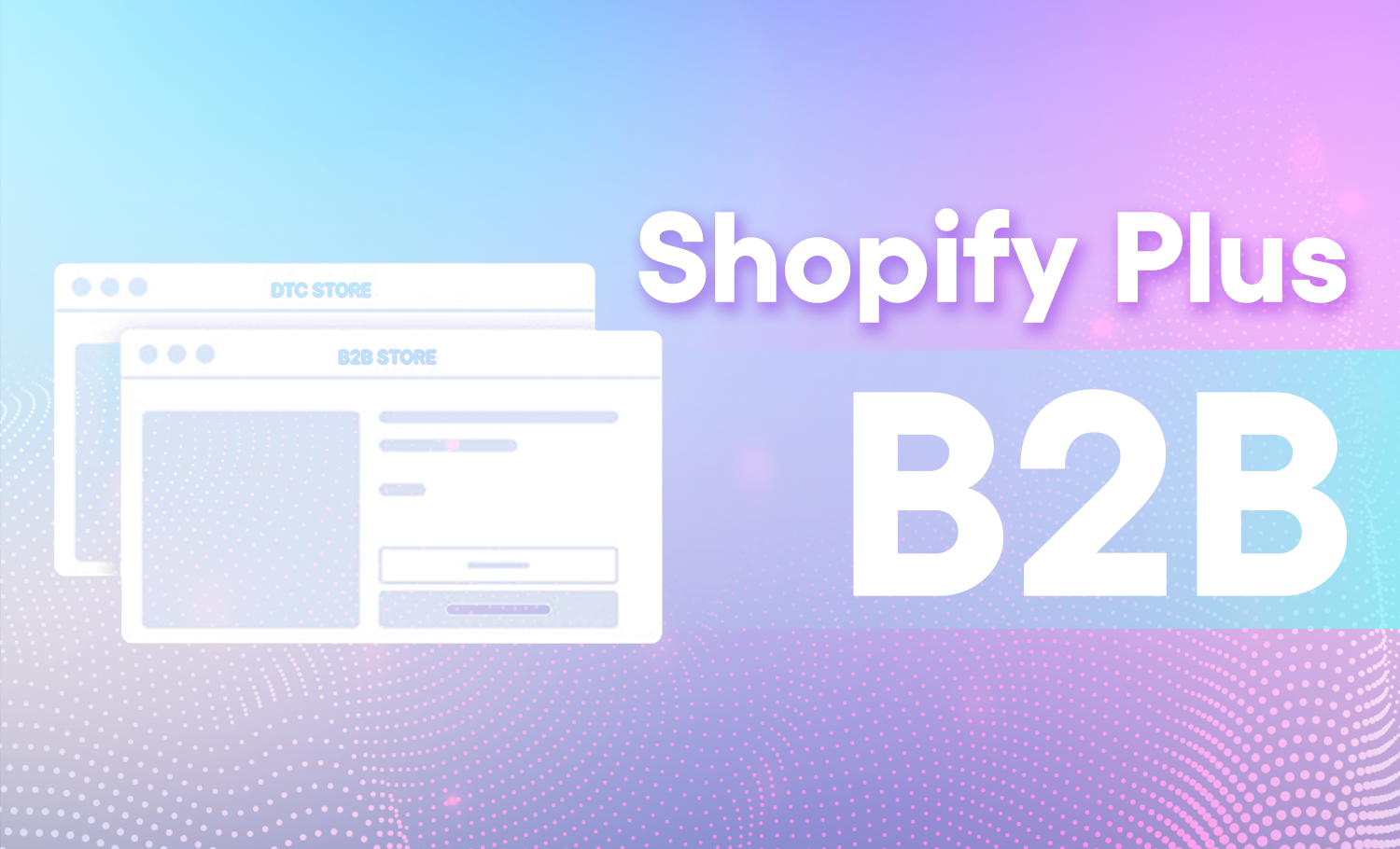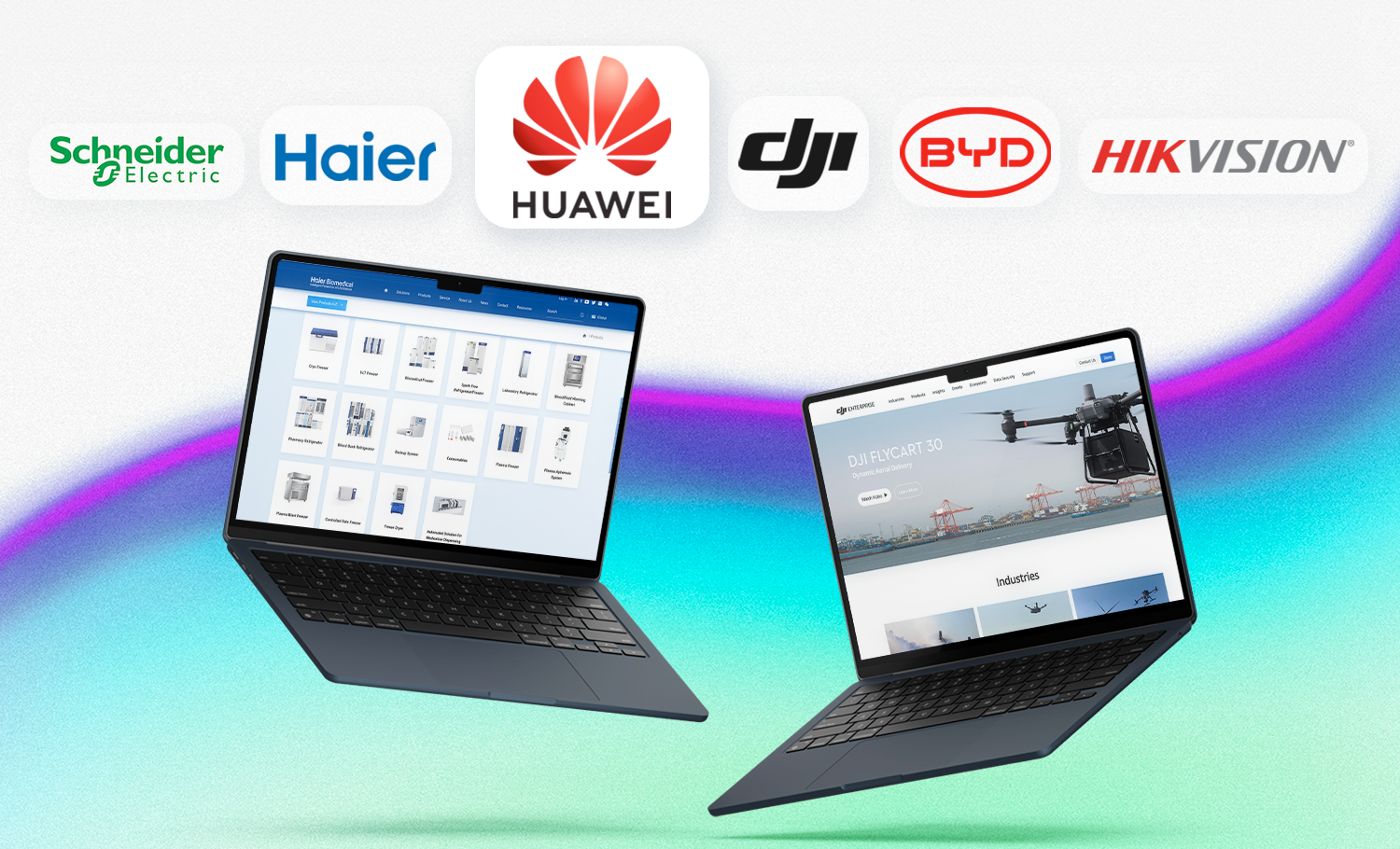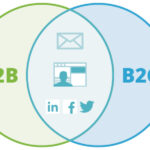Should your business use eCommerce? The question seems to have an obvious answer (“yes!”) for most B2C businesses, but what about B2B? It still can be a subject of many debates – when it comes to B2B, there are a number of issues that stand in the way of this fundamental element of digital transformation.
In this article let’s set the issues aside and look at the bright side: why you absolutely should consider using eCommerce for your B2B business. Here, over at TMO Group we even believe that not using eCommerce for B2B is a mistake and might even put you into a disadvantageous position compared to your competition.
Let’s look at our top 5 reasons to support this case.
1. eCommerce can save costs
For a buyer, it is obviously more cost effective to search for products online. But what about the seller – how online can help here?
Generally, the Internet tends to reduce costs anywhere it spreads and B2B enterprises are no exception. For example, the cost of finding new customers can be reduced dramatically, as you would be able now utilize a lot of tools previously only available to B2C businesses. Same goes for keeping the existing customers – it is much easier to provide support and service they need using the internet.
Another area where cost cutting may occur is reducing the role of intermediary buyers (if your business relies on them). Let’s face it: with a traditional model you may need to limit your minimal order size – which means part of your sales go to distributors who in turn resell it to buyers of smaller quantities.
In certain situations the whole intermediary level can be eliminated by using eCommerce. Buyers can now go directly to your website, place an order and receive goods, without having to go to the distributor.
Obviously, not all business can do distributors away completely – and even in that case eCommerce solutions can be quite useful for optimizing costs: be it centralized hub to get all the information about the product or full-blown B2B2C system that manages the whole sales funnel all the way from the manufacturer through distributors to the end customer.
2. Omni-channel expectations
“The customer is king”, the old saying illustrates that the key of a successful business is to meet the expectations of your customers, no matter how hard they are to please.
So what do B2B buyers want today? 2022’s B2B buyers are social savvy: B2B eCommerce in China: What does Your Buyer Want Most in 2016?As B2B eCommerce grows rapidly in China, a survey showed that there has been a corresponding change in B2B buyers, who demand a more personalised service.they want a B2C-like shopping experience in B2B’s world – with also those familiar and great features they know and love.
By the way, this cannot be more true in the case of Chinese customers. Online shopping is huge here, with giants like TMall, Taobao, JD streamlining their sales processes to a fascinating degree. Chinese customers tend to expect nothing short of that efficient experience in other areas too.
Similarly, buyers today tend to seek B2B suppliers using different channels, and it brings the new task for B2B business: upgrading your business to omni-channel eCommerce. While most purchases are still completed on desktop computers, using mobile for product research mobile usage is guaranteed to continue to grow.
3. Payment and order management
Speaking of payment options, B2B can be far more varied than one would think – even compared to B2C. In addition to traditional offline and online payment methods there are credit lines, deposits, installments, mixed payments and so on.
Multiple payment options makes it easier for customers to complete the transaction, however it makes it difficult for a B2B seller to keep in track of all the orders and payment statuses. Luckily, a B2B eCommerce platform can build a bridge between what customers want and what sellers can provide.
4. Knowing and engaging with your customers
It is true that B2B sales often rely on establishing meaningful connections with customers, keeping in touch, and building rapport. Which takes a lot of effort, especially when you consider the traditional offline model of interaction. A picture of a huge rolodex and a phone next to it springs to mind – good luck scaling up while using that technology.
With the help of eCommerce, you can literally reach everyone, everywhere. Using automation, you can reach every customer and potential customer, with exactly the offer they need at exactly the time they need it.
eCommerce allows you to aggregate all relevant customers’ information in one place and use it to segment your user base into groups. It gives you an opportunity to understand these groups better, provide group-specific content (promotions, payment and shipping options, specific items in the catalog), contact them when and how they prefer to be contacted – efficiently converting them into happy loyal customers.
eCommerce can provide an abundance of information about customers, their behavior, interests and sales. Use of this data doesn’t stop on the local, everyday level – aggregating and analyzing it can give you insights into your business that was never possible with the traditional model. These insights can become the basis for all kinds of improvements in any area of the enterprise.
5. Support of cross-border commerce
Finally we are getting to the most crucial benefit of using eCommerce for B2B businesses. If you have your eyes set on foreign market (especially China or countries of South East Asia – this is where our main expertise lies), there is virtually no way to make it work unless using eCommerce.
It is an opportunity to get your foot in the door without making huge investments into bring and mortar shops. It is a great way to find your customers, define the message to address them with, and adjust your product to their needs, if necessary.
Cross-border eCommerce can alleviate international logistics problems too. Local law compliance is much easier with an eCommerce website. Taxes and custom duty is optimized: customers only have to pay the goods and related customs duty once they receive their purchase. eCommerce platform takes care of pretty much every daily aspect of the business: reliable payments between companies, the shipment of the goods and so on, freeing your bandwidth for the important things.
And well, let’s not forget the most obvious strength of eCommerce: it never closes. Your customers may be anywhere on the planet, in any time zone and shopping at any hour. You can literally “sell while you sleep”.
To summarize, eCommerce is the next step in the development of B2B business, it is the way to stay competitive in the modern world. In the case of cross-border B2B business is not only the best approach but a prerequisite for success.
Wondering what your next step would be? Connect with TMO Group and find the solution that works best for you.

